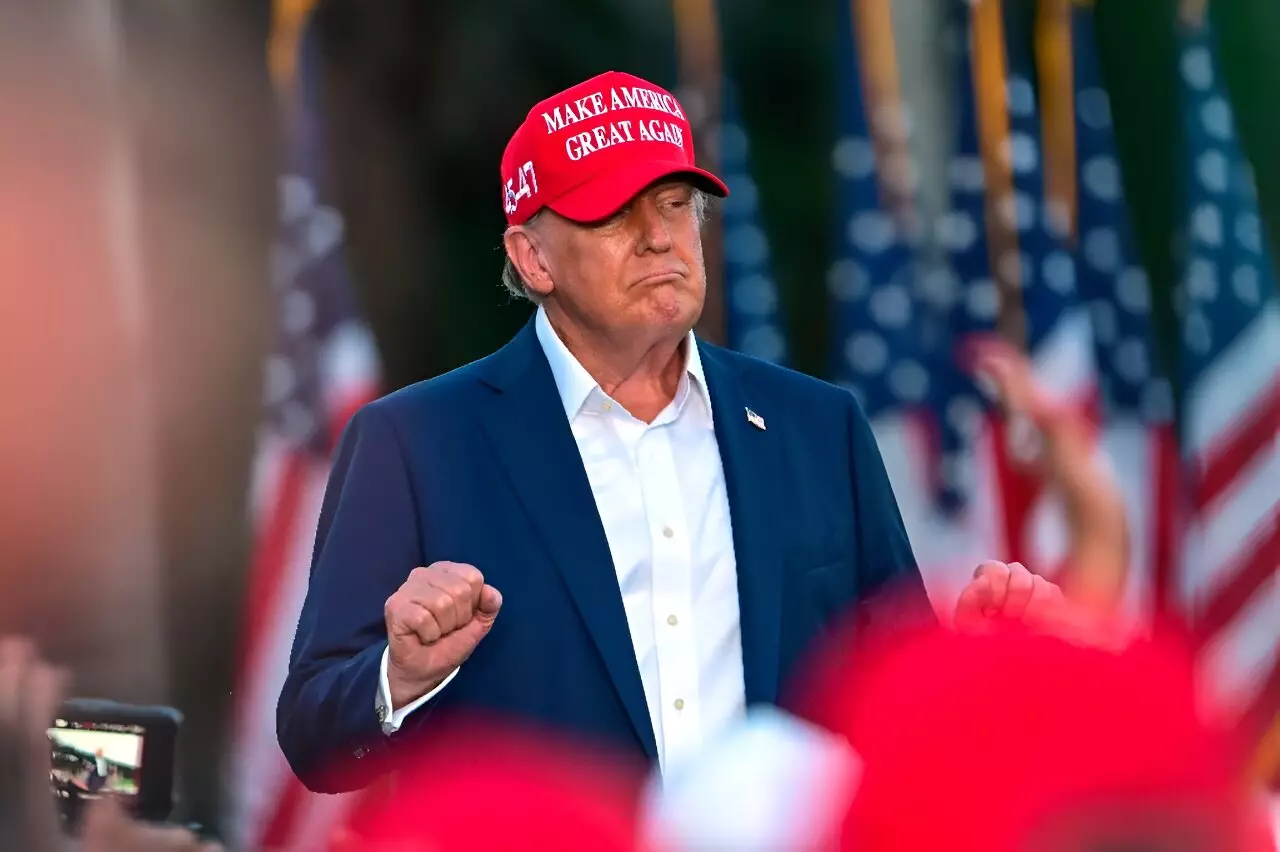After the violent events of January 6, 2021, Meta had implemented strict restrictions on former President Donald Trump’s Facebook and Instagram accounts. However, it was announced on Friday that these restrictions have been lifted, allowing Trump to resume his political expression on these platforms.
Meta stated in a blog post that they believe in allowing political candidates, including nominees for President, to have a voice on social media. They emphasized that US presidential candidates are still required to adhere to the same Community Standards as other users, including policies against hate speech and incitement to violence.
The decision to lift the restrictions on Trump’s accounts has sparked controversy and debate among social media users. Many argue that allowing Trump back on these platforms sends a message that inciting violence and spreading misinformation is acceptable behavior, while others view it as a necessary step in upholding freedom of speech.
In addition to Facebook and Instagram, Trump had also been banned from Twitter and YouTube following the events of January 6, 2021. While these restrictions were lifted last year, Trump has primarily turned to his own social media platform, Truth Social, to communicate with his supporters.
The reinstatement of Trump’s accounts raises questions about the role of social media in shaping political discourse. As social media platforms continue to grapple with issues of regulating content and ensuring user safety, the case of Donald Trump serves as a reminder of the complexities involved in balancing free speech with accountability.
The decision to lift the restrictions on Trump’s accounts marks a significant shift in the landscape of social media and political communication. It underscores the ongoing challenges faced by platforms like Meta in navigating the responsibilities of hosting public figures while maintaining community standards. The impact of this decision remains to be seen, but it is clear that the debate over the role of social media in shaping political discourse is far from over.


Leave a Reply